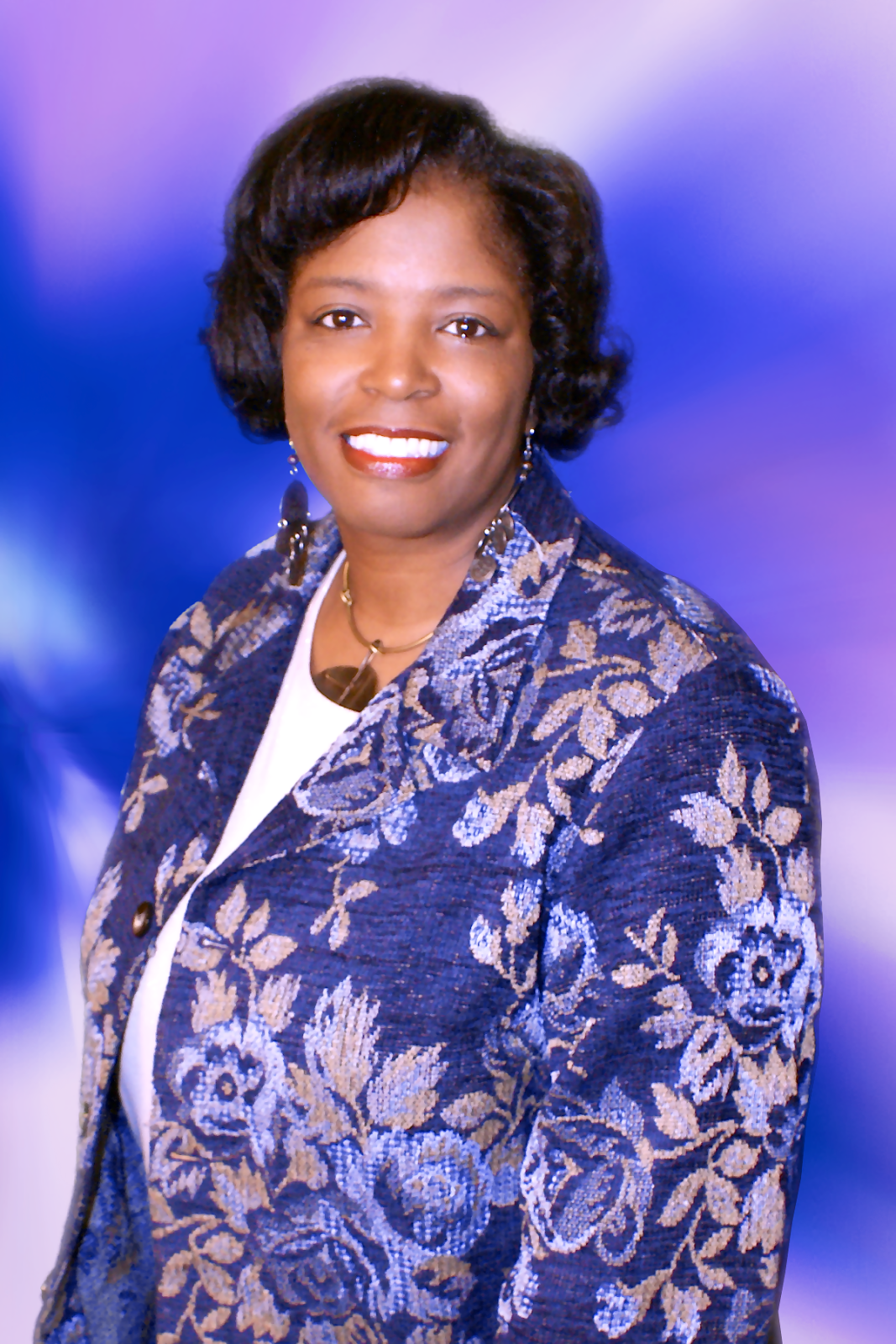Professionals and the great work they and their organizations do. This month’s interview is with the Ransburg YMCA’s Alice Weber. Like YMCAs across the nation the Ransburg’s mission is to put Christian principles into practice through programs that build healthy spirit, mind, and body for all. Check out the interview below to learn more about Alice Weber and her work with the YMCA:

1) Why did you want to go into this line of work?
This began as a part time job. I have a passion for working with kids. So when I first came into town with my young children working at the YMCA presented an opportunity where I could work with kids and spend time with my own. Eventually my position grew and I had the opportunity to do more and more.
(her)I started out working part time at YMCA. I was new in town and had young children and working had opportunity to bring them with me and it expanded from there. I have a passion for working with kids. Have a passion for working with kids. And working at the YMCA gave me a chance to do that. Eventually my position grew and allowed me the opportunity to do more.
2) What was your first day on the job like?
It was exciting. I was working with six to twelve year olds and I had to figure out how to interact with children in this age group. My children were young so I had no experience with children in this age group. Since then I’ve been able to grow, and gained more experience. The more time I spend with children, the better I can understand them and their development. With kids, you never know what each day will be like. You can organize an entire day, and may not go according to plan.
3) What is most rewarding about your job?
It is the opportunity to make an impact on so many lives. Outside of this position I wouldn’t have this opportunity. I work with kids ages six weeks to eighteen years old, and it is a lot of fun. There is one youth I have known since he was 8 years old. I followed him through high school, and then attended his first college football game. I can step in and fill role of adoptive parent and I can be positive person in their lives. I can be a parental figure, but I don’t have to be the one who has to say no.
4) What is the most challenging part of your job?
One of the challenges I face is not having the resources to do the activities I would like to do. Dealing with teenagers and their attitudes is also challenging. They’re a little headstrong and it’s their way to do things. They have to learn the hard way.
5) How has MCCOY helped your organization succeeded or grow?
I have only recently learned about MCCOY. I would like to get more involved with the organization based on what I’ve read. It seems like an amazing opportunity and partnership.
6) Where do you see yourself and your organization in five years?
I hope that I am impacting more youth and that I am able to expand some of our programs in the community in order to make impact on more youth. This past spring we started a man-to-man mentoring group for boys thirteen and up. We have a group of boys who regularly attend and we want to expand this group into the community to have bigger impact. And even though it is a male mentoring group I still like to support and help with the group.
We’d like to thank Ms. Weber for taking the time to answer our questions. For more information about the Ransburg YMCA check out their website: http://www.indymca.org/centers/ransburg/center-news/.










